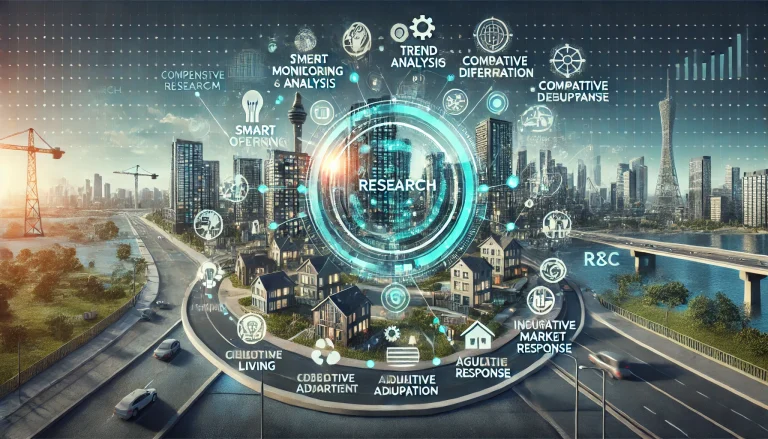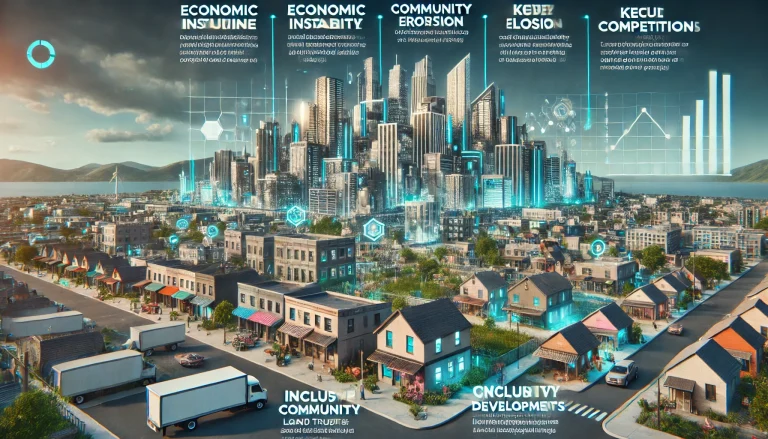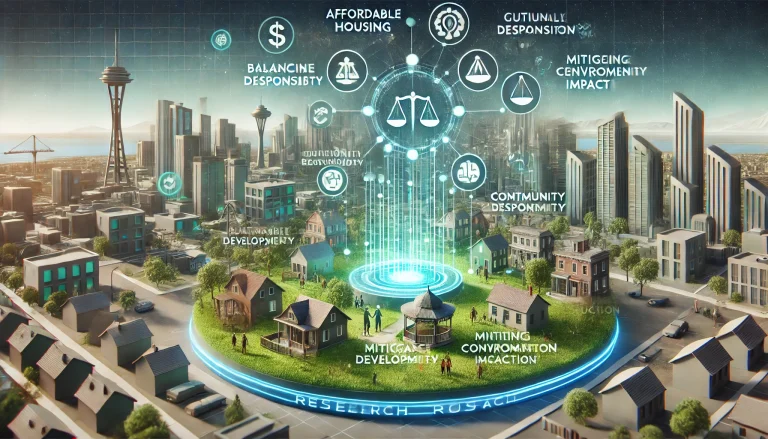Problem Statement
Inequitable land distribution refers to the unequal allocation of land resources, often favoring wealthy individuals or corporations at the expense of marginalized communities. This issue leads to social and economic disparities, limiting access to housing and agricultural land for the poor. It exacerbates poverty, restricts economic mobility, and fuels social tensions. To address these challenges, a comprehensive digital platform is needed to ensure fair and transparent land distribution, support equitable access to land resources, and promote social and economic inclusion.
Pain Points
- Social Disparities: Wealthy individuals and corporations dominate land ownership, marginalizing poorer communities.
- Economic Inequality: Limited access to land resources for the poor, restricting economic opportunities.
- Poverty: Unequal land distribution exacerbates poverty and limits economic mobility.
- Housing Shortage: Lack of access to land for housing development, leading to overcrowded and inadequate living conditions.
- Agricultural Land Access: Farmers from marginalized communities struggle to secure land for agriculture.
- Social Tensions: Inequitable land distribution fuels social unrest and conflicts.
- Legal Barriers: Complex and inaccessible legal processes for land acquisition and ownership.
- Corruption: Corrupt practices in land allocation, favoring the wealthy and powerful.
- Environmental Degradation: Inefficient land use and lack of sustainable practices.
- Urban-Rural Divide: Unequal development and resource allocation between urban and rural areas.

Future Vision
Our vision is to develop an innovative digital platform that promotes fair and inclusive land allocation. Leveraging advanced technologies such as blockchain, AI, and GIS, the platform will ensure transparency and accountability in land transactions, simplify legal processes, and support sustainable land use practices. This platform will facilitate equitable access to land resources for marginalized communities, enhance economic opportunities, and reduce social disparities. By fostering collaboration among government agencies, community organizations, and stakeholders, we aim to create a more just and inclusive society with fair land distribution.
Use Cases
- Transparent Land Transactions: Blockchain technology for secure and transparent land transactions.
- Land Allocation Optimization: AI-driven tools to optimize land allocation based on social and economic needs.
- Legal Assistance: Platforms providing legal support and simplifying land acquisition processes.
- Community Land Trusts: Tools to support the creation and management of community land trusts.
- Sustainable Land Use: GIS and environmental monitoring for promoting sustainable land use practices.
- Access to Agricultural Land: Facilitating access to land for marginalized farmers.
- Housing Development Support: Tools for planning and developing affordable housing projects.
- Conflict Resolution: Platforms for mediating land disputes and conflicts.
- Economic Impact Analysis: Analyzing the economic impact of equitable land distribution.
- Policy Advocacy: Supporting advocacy for policies promoting fair land distribution.
Target Users and Stakeholders
Target Users:
- Marginalized communities
- Farmers
- Urban planners
- Government agencies
- Community organizations
Stakeholders:
- Legal professionals
- Real estate developers
- Environmental NGOs
- Social justice advocates
- Technology providers
Key Competition
- Landesa: NGO focused on secure land rights for the world’s poorest people.
- Cadasta Foundation: Provides digital tools and technology to help communities document their land rights.
- Land Portal: Platform for sharing land-related information and promoting land rights.
- Habitat for Humanity: Works on housing and land access for low-income families.
- Global Land Tool Network (GLTN): Promotes land rights through innovative tools and approaches.
Products/Services
- Blockchain Land Registry: Secure and transparent land transaction system.
- AI Land Allocation Tools: Optimizing land distribution based on social and economic needs.
- Legal Support Platforms: Simplifying legal processes for land acquisition and ownership.
- Community Land Trust Management: Tools for creating and managing community land trusts.
- Sustainable Land Use Monitoring: GIS and environmental monitoring tools.
Active Startups
- Bitland: Uses blockchain to secure land rights in developing countries.
- BenBen: Blockchain-powered land transaction platform in Ghana.
- FarmDrive: Uses data analytics to support smallholder farmers.
- Landmapp: Provides land documentation services for smallholder farmers.
- Suyo: Helps low-income families in Latin America formalize property ownership.
- OpenLand: Blockchain-based land registry and transaction platform.
- AgriUT: Platform supporting equitable access to agricultural land and resources.
- Terra0: Decentralized platform for autonomous land management.
- Provenance: Uses blockchain to ensure transparency in supply chains, including land.
- Disberse: Facilitates transparent disbursement of development funds, including land projects.
Ongoing Work in Related Areas
- Blockchain for Land Rights: Using blockchain to secure land rights and transactions.
- AI for Land Allocation: Implementing AI to optimize equitable land distribution.
- GIS for Land Use Planning: Integrating GIS for precise land use mapping and analysis.
- Legal Tech for Land Acquisition: Simplifying legal processes for land ownership.
- Community Land Trust Initiatives: Supporting the creation and management of community land trusts.
- Sustainable Land Use Practices: Promoting environmentally sustainable land use.
- Economic Mobility Programs: Initiatives to enhance economic opportunities through equitable land access.
- Social Justice Advocacy: Advocating for policies that promote fair land distribution.
- Conflict Mediation Platforms: Tools for resolving land disputes and conflicts.
- Environmental Impact Monitoring: Monitoring the environmental impact of land use.
Recent Investment
- Bitland: $2 million in Seed funding (2023) led by Blockchain Capital.
- BenBen: $3 million in Series A funding (2023) from Growth Equity Partners.
- FarmDrive: $1.5 million in Seed funding (2023) from AgFunder.
- Landmapp: $2.5 million in Series A funding (2023) from Omidyar Network.
- Suyo: $3 million in Series B funding (2023) from Acumen Fund.
Market Maturity
The market for equitable land distribution solutions is emerging, with growing recognition of the importance of fair land access for social and economic development. Technological advancements in blockchain, AI, and GIS, combined with increasing support from governments and NGOs, are driving the development and adoption of innovative solutions. Continued investment and collaboration among stakeholders are crucial for achieving market maturity and widespread implementation of equitable land distribution practices.
Summary
Inequitable land distribution leads to social and economic disparities, limiting access to housing and agricultural land for marginalized communities. A comprehensive digital platform leveraging blockchain, AI, and GIS can address these challenges by ensuring transparent and fair land transactions, simplifying legal processes, and promoting sustainable land use practices. This platform will facilitate equitable access to land resources, enhance economic opportunities, and reduce social disparities. Active startups and ongoing innovations are driving the development of these solutions, supported by recent investments and a growing market awareness. The vision for the future is a just and inclusive society with fair land distribution, promoting social and economic mobility for all.



